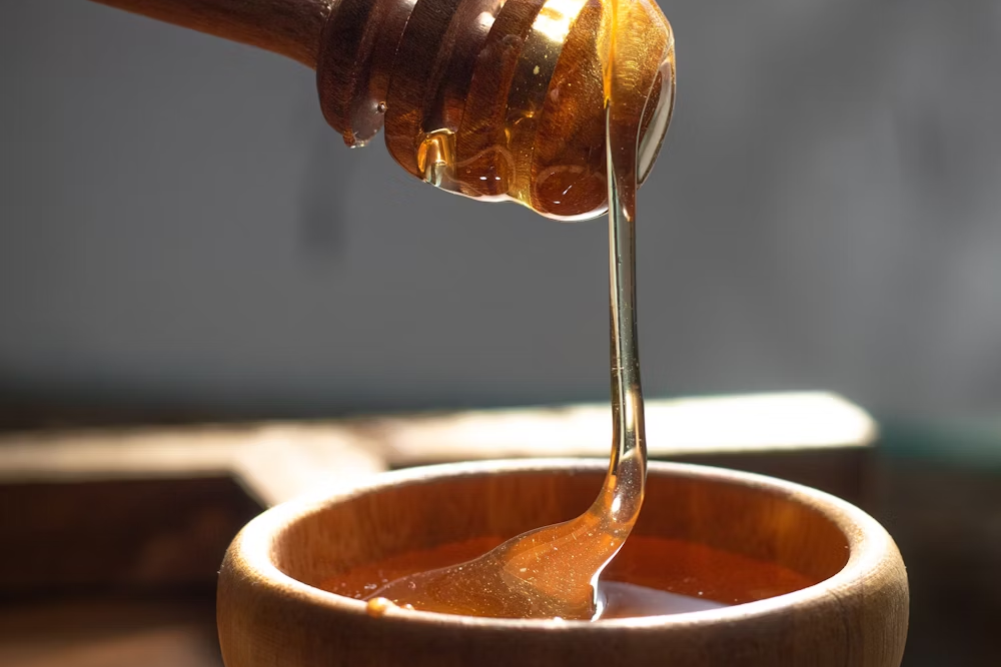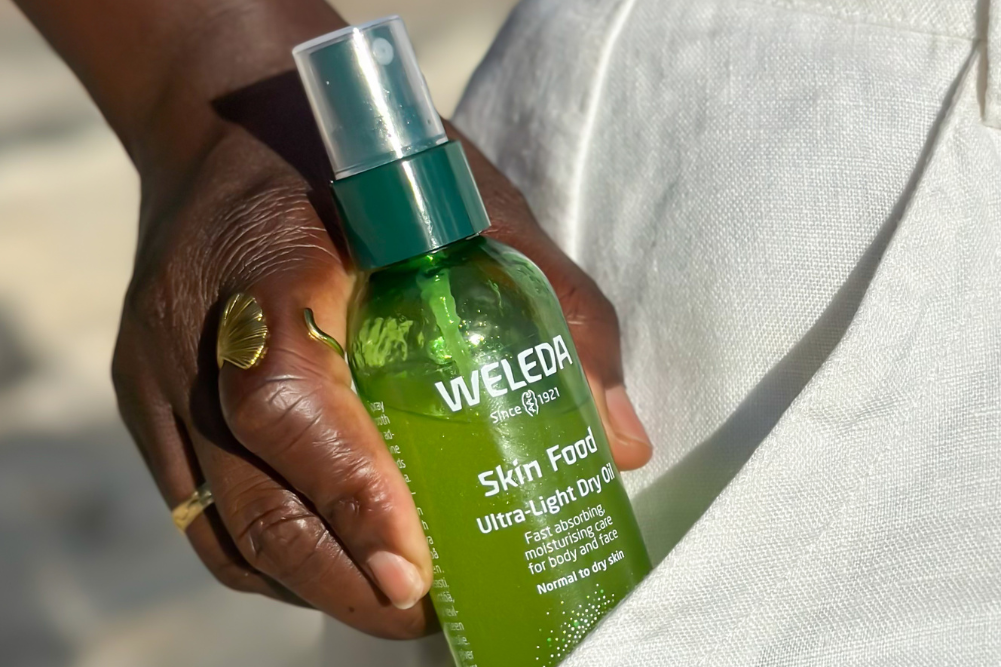Stressed? Here’s how it’s affecting your skin
When it comes to how stress can affect your skin, “it’s written all over your face” is a saying that rings very true. Stress releases a cascade of pro-inflammatory chemicals into the body which in turn depletes moisture in the skin, breaks down collagen and can contribute to pigmentation, outbreaks, eczema and psoriasis.
Cortisol, the stress hormone, is particularly damaging to skin, says dermatologist Dr Amy Wechsler, author of The Mind-Beauty Connection. She explains that cortisol breaks down collagen, damages the skin’s protective barrier and changes skin behaviour to trigger breakouts. “Premature ageing and adult acne are two [of the] most common skin problems I see and stress and exhaustion are often at the bottom of both.”
Studies show that stress increases the production of the enzyme 5-alpha reductase, which increases the oil your face produces. This, combined with slow cell turnover, leads to blockages and breakouts.
The relatively new field of psychodermatology addresses the impact of emotions on our largest organ.
Researchers at Cornell University in the US found that stress compromises the barrier that protects the skin, allowing irritants that normally lie on the skin’s surface to reach the more sensitive cells below, triggering irritation.
During sleep your body produces the growth hormone that’s involved in skin repair. According to Dr Amy Wechsler, if you lose sleep under stress, your skin will suffer more.
Not only does the stress chemical cortisol break down collagen at an alarming rate, some dermatologists believe it may also contribute to skin pigmentation. It seems melanocyte cells are incredibly sensitive and they react to stress chemicals by releasing the pigment melanin, which can cause a blotchy appearance on the skin.
You don’t have to eat sugar for it to have a negative effect on the skin. When you experience an influx of cortisol, it elevates your blood sugar, causing glycation, which damages collagen and elastin, the protein fibres that keep skin looking plump and smooth.
Excess cortisol leads to an increase in ageing free radicals, causing oxidative stress, which also damages the skin matrix and your DNA, both speeding up the ageing process.
And, while you thought your skin rash may be caused by an allergy to food, stress could be the culprit. The overproduction of cortisol can make the immune system more sensitive, which may explain why some people develop rashes, itches and psoriasis when they’re stressed.
Dermatologist and psychologist Dr Richard G Fried, author of Healing Adult Acne: Your Guide to Clear Skin and Self Confidence, claims he also sees women whose preoccupation with negative self-talk manifests on their faces. He writes, “Under stress, the forehead contracts. That makes us look tired. Blood vessels constrict; the skin doesn’t look as healthy. Stress also releases pro-inflammatory chemicals, which means more flaking and acne.”
Stress-free beauty
The relatively new field of psychodermatology addresses the impact of emotions on our largest organ. It has been suggested that up to 30 per cent of skin conditions can be traced to underlying psychological distress, which is why massage, deep breathing and other relaxation techniques can often have visibly radiant results for the skin.
The ancient practice of Vedic meditation, says Sydney-based meditation guru Gary Gorrow, is the anti-stress medicine that, once learnt, lasts a lifetime. Studies show people who study meditation techniques experience less stress, improved health, broader awareness, more energy, better sleep and less tension in their lives.
Meditation may make also you smarter: research has found that, during Vedic meditation, the brain functions in a highly orderly and coherent manner. Orderly brain functioning corresponded with increasing IQ, amplified creativity, improved memory and learning ability, and resulted in higher moral reasoning and emotional stability.
Learning to manage how you respond to perceived stressors can help prevent the fight-or-flight response being triggered by everyday events and this means a healthier, more radiant complexion.
Deep belly breathing and meditation have been proven to calm the central nervous system and lower cortisol levels. Likewise, daily self-massage can help soothe the trillions of nerve receptors that lie just under the surface of the skin.
Eating a diet rich in antioxidants can help protect the skin from stress-induced free-radical damage. Including plenty of collagen-boosting, water-soluble vitamin C in your daily diet will help. Stressed bodies also require more magnesium, zinc and B vitamins.
While you may feel like a glass of wine to wind down in the evenings, it’s a good idea to avoid alcohol when stressed because it can further dehydrate your skin and deplete your levels of stress-busting B vitamins.
Supporting digestive health is imperative for stress reduction as the feel-good hormone serotonin is manufactured in your digestive system. Stress can cause inflammation in the body and studies have shown the correlation between an inflamed gut and inflamed skin.
Cutting back on refined sugar will help bring your gut flora back into balance, while a daily dose of probiotic-rich food such as sauerkraut will feed the good bugs in your gut. Good belly bugs also help us manufacture some of those important B vitamins.
A cup of coffee may give you a dose of energy in the morning, but be aware that caffeine may distort your perception of what is urgent and what is not, giving you unnecessary levels of stress.
And remember, while moderate but regular exercise is important for reducing stress, it’s equally important to get enough rest. After all, there’s a reason it’s called beauty sleep.








